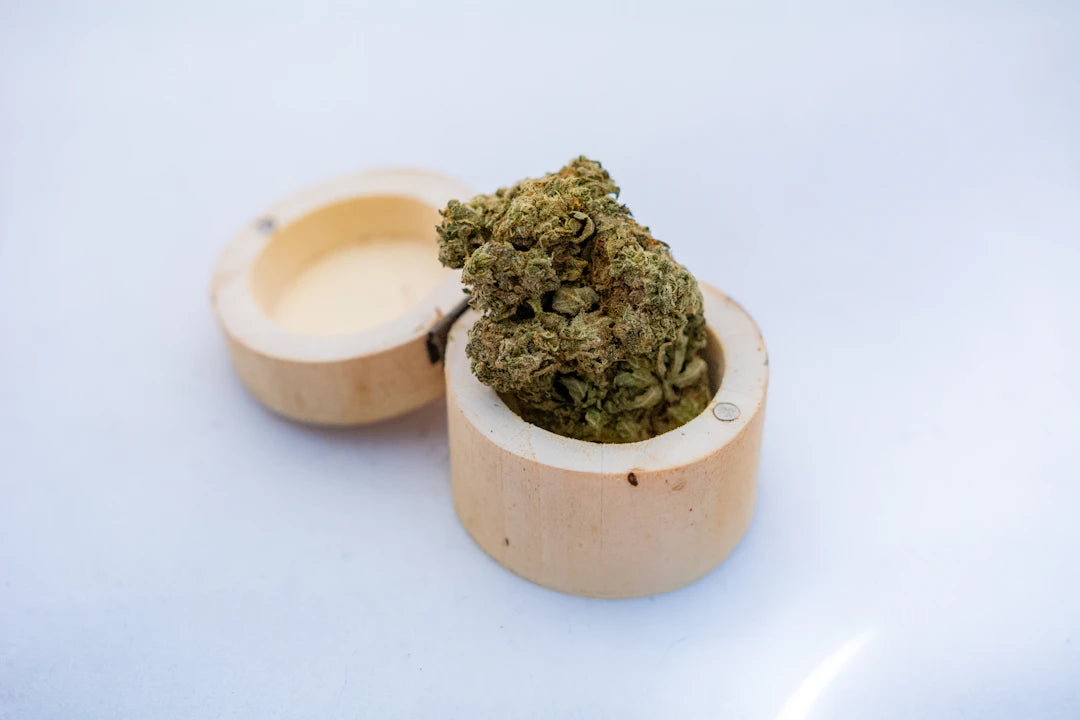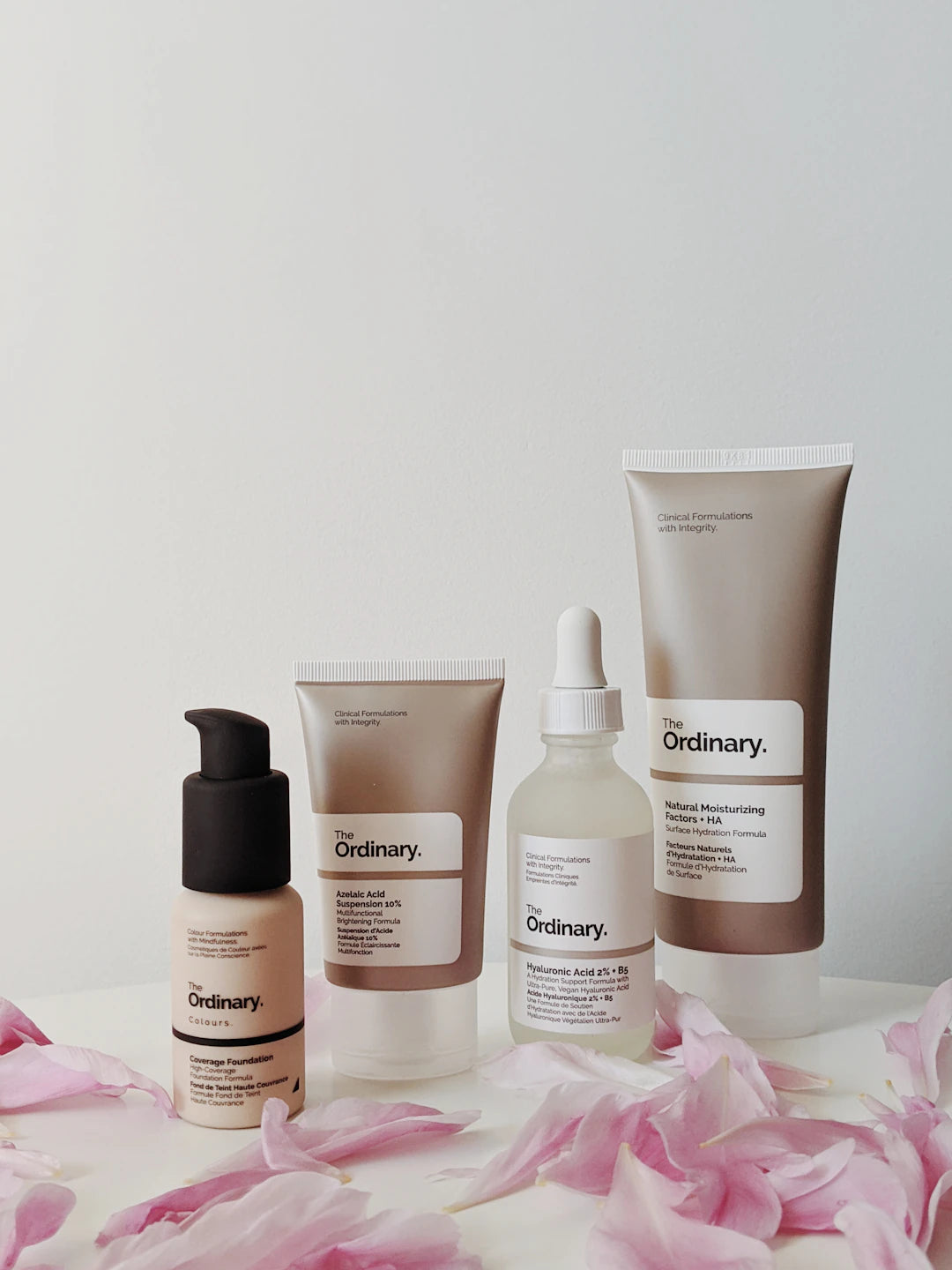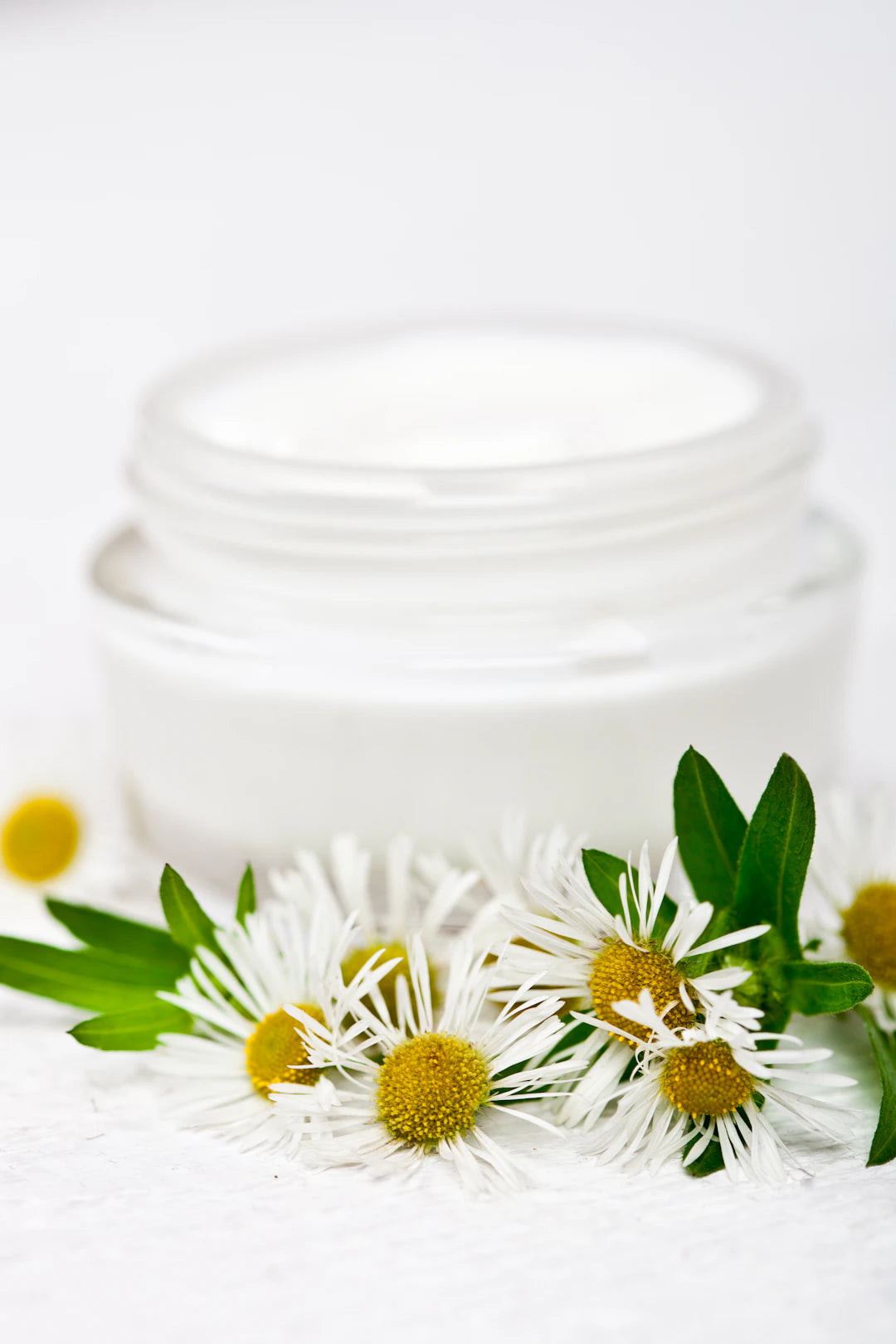Natural Remedies vs. Commercial Products: What Works Best?

Frequently Asked Questions
1. What are the benefits of using natural remedies for skincare?
2. How do commercial products differ from natural remedies?
3. What are some common natural ingredients beneficial for skin health?
4. What should I consider when choosing between natural and commercial skincare products?
5. How can I create a holistic skincare routine?
When it comes to skincare, the choice between natural remedies and commercial products can often be overwhelming. With the increasing demand for eco-friendly options, many people are drawn to the idea of using natural ingredients. On the other hand, commercial products promise quick results and convenience. This blog will delve into the benefits and drawbacks of both approaches, helping you make an informed decision for your skin. Whether you’re looking for effective skin exfoliation methods or the best strategies for antiaging, we’ve got you covered.
Understanding Natural Remedies
Natural remedies have been used for centuries across different cultures. Ingredients like honey, aloe vera, and green tea are just a few examples of natural elements that have been found to offer remarkable benefits for skin health. But what exactly makes these remedies so appealing?
The Appeal of Nature
- Fewer Chemicals: Natural remedies typically contain fewer synthetic chemicals compared to their commercial counterparts.
- Eco-Friendly: Using natural ingredients often means supporting sustainable practices.
- Customizable: You can tailor your skincare routine based on your personal preferences and skin type.
For those with sensitive skin, natural remedies can provide a gentler alternative to commercial products. Ingredients like oatmeal and chamomile can soothe irritation without causing further damage. The allure of such remedies lies not only in their gentleness but also in the deep-rooted traditions surrounding them.
The Science Behind Commercial Products
On the flip side, commercial skincare products are designed with specific purposes in mind. These products are formulated through rigorous research and testing, which can lead to effective results. Many consumers appreciate the convenience that comes with using ready-made items. Here are a few advantages of opting for commercial skincare:
Benefits of Commercial Products
- Immediate Results: Many commercial products provide quick effects, often due to concentrated ingredients.
- Wide Variety: With countless products on the market, it’s easier to find something that caters to any skin concern.
- Professional Formulation: Commercial products are often created by dermatologists and skincare experts.
For instance, if you're looking for high-performance antiaging solutions, commercial brands often incorporate retinoids, peptides, and antioxidants that have been proven effective through clinical trials.
Comparing Ingredients: Natural vs. Synthetic
While both natural remedies and commercial products can offer benefits, the efficacy largely depends on the ingredients used. Let’s take a closer look at some common ingredients found in each category:
Natural Ingredients
- Aloe Vera: Known for its soothing properties, aloe vera can be used to hydrate skin and fight inflammation.
- Honey: This natural humectant helps lock in moisture and has antibacterial properties.
- Sugar Scrubs: Sugar can act as an excellent exfoliant, making it perfect for skin exfoliation.
Synthetic Ingredients
- Retinoids: A powerful ingredient for reducing wrinkles and fine lines, often found in many commercial antiaging products.
- Salicylic Acid: Effective for treating acne, ensuring skin is clear and healthy.
- Hyaluronic Acid: A popular ingredient for intense hydration, excellent for all skin types.
While natural ingredients can be soothing and gentle, synthetic options often pack a punch in terms of effectiveness. The choice ultimately lies in personal skin goals and any sensitivities you may have.
Skin Exfoliation: A Critical Component
Regardless of whether you choose natural remedies or commercial products, regular skin exfoliation is essential to maintain healthy skin. Exfoliating helps to remove dead skin cells, allowing for better product absorption and a radiant complexion.
Natural Methods of Exfoliation
- DIY Sugar Scrub: Combine sugar with honey or olive oil to create an exfoliating scrub.
- Oatmeal Masks: Ground oatmeal can gently exfoliate while providing hydration.
- Fruit Enzymes: Ingredients like pineapple or papaya can naturally break down dead skin.
Commercial Exfoliation Products
- Exfoliating Scrubs: Many commercial products come with microbeads or granules for physical exfoliation.
- Chemical Exfoliants: Products that include alpha-hydroxy acids (AHAs) or beta-hydroxy acids (BHAs) can provide deeper exfoliation.
- Peels: Chemical peels from professionals can effectively rejuvenate the skin.
Choosing the right method of exfoliation depends on your skin type. For sensitive skin, natural methods tend to be gentler, while oily or acne-prone skin might benefit more from commercial exfoliating products containing salicylic acid.
The Long-Term Effects on Your Skin
While immediate results can be enticing, it’s important to consider the long-term effects of your skincare routine. Commercial products may provide quick fixes, but many contain preservatives and synthetic ingredients that could lead to adverse reactions over time. On the other hand, natural remedies may promote healthier skin without introducing harsh chemicals.
Consider Your Skin Type
- For Oily Skin: Light natural oils like jojoba oil can balance excess oil production. Conversely, a gel-based commercial product may work effectively as well.
- For Dry Skin: Creamy natural ingredients like shea butter can hydrate, while rich commercial moisturizers might offer similar benefits.
- For Combination Skin: A mix of both options may be necessary to cater to varying needs across your face.
Understanding your skin type is crucial for tailoring your skincare approach. Experimenting with both natural remedies and commercial products over time will allow you to find the right balance that makes your skin happy.
Cost-Effectiveness and Accessibility
Another factor to consider is cost. Natural remedies can often be made at home using affordable ingredients, while commercial products can sometimes come with a hefty price tag. However, not all commercial products are expensive, and a little research can lead you to budget-friendly options that deliver results.
DIY Ideas for Budget-Friendly Skincare
- Face Masks: Using ingredients like yogurt and turmeric can create effective skincare masks at home.
- Facial Oils: Many natural oils like coconut oil or olive oil are easily accessible and relatively cheap.
- Herbal Infusions: Infusing oils with herbs like chamomile can offer soothing benefits without the price.
Meanwhile, investing in a couple of good commercial products that suit your skin type can yield long-term results, proving that, in some cases, you get what you pay for.
Your Skin's Voice Matters
Ultimately, the decision between natural remedies and commercial products comes down to individual skin needs and preferences. Listening to your skin is paramount. Keeping a journal of what works and what doesn't can help you track changes and find the most suitable products.
Trial and Error
- Patch Tests: Always perform patch tests when trying new products to avoid reactions.
- Mixing It Up: Don’t be afraid to combine natural remedies with commercial products for a balanced routine.
- Stay Updated: The world of skincare is ever-evolving; continue educating yourself on new ingredients and methods.
Engaging with your skin's unique needs through trials can lead to discovering the best skincare choices that meet your requirements.
Going Beyond Skincare
Beyond choosing natural or commercial products, creating a holistic skincare routine is key to achieving vibrant skin. Adequate hydration, nutrition, and sun protection play vital roles in the overall health of your skin.
Complementary Wellness Practices
- Hydration: Drink plenty of water and incorporate foods rich in antioxidants.
- Nutrition: A balanced diet rich in vitamins and minerals can significantly impact your skin.
- Sun Protection: Always apply sunscreen to protect against harmful UV rays, regardless of the products you use.
Fueling your body with wholesome practices supports your skincare endeavors, helping you achieve the best results possible.
Final Thoughts: Embrace Your Glow
Deciding between natural remedies and commercial products doesn’t have to be black and white. Each approach has its unique merits, and often, the best results come from a harmonious blend of both. Embrace what works for you, listen to your skin, and enjoy the journey toward achieving vibrant, healthy skin. Remember, no one knows your skin better than you do — so trust yourself to make the right choices for achieving that gorgeous, radiant glow!


